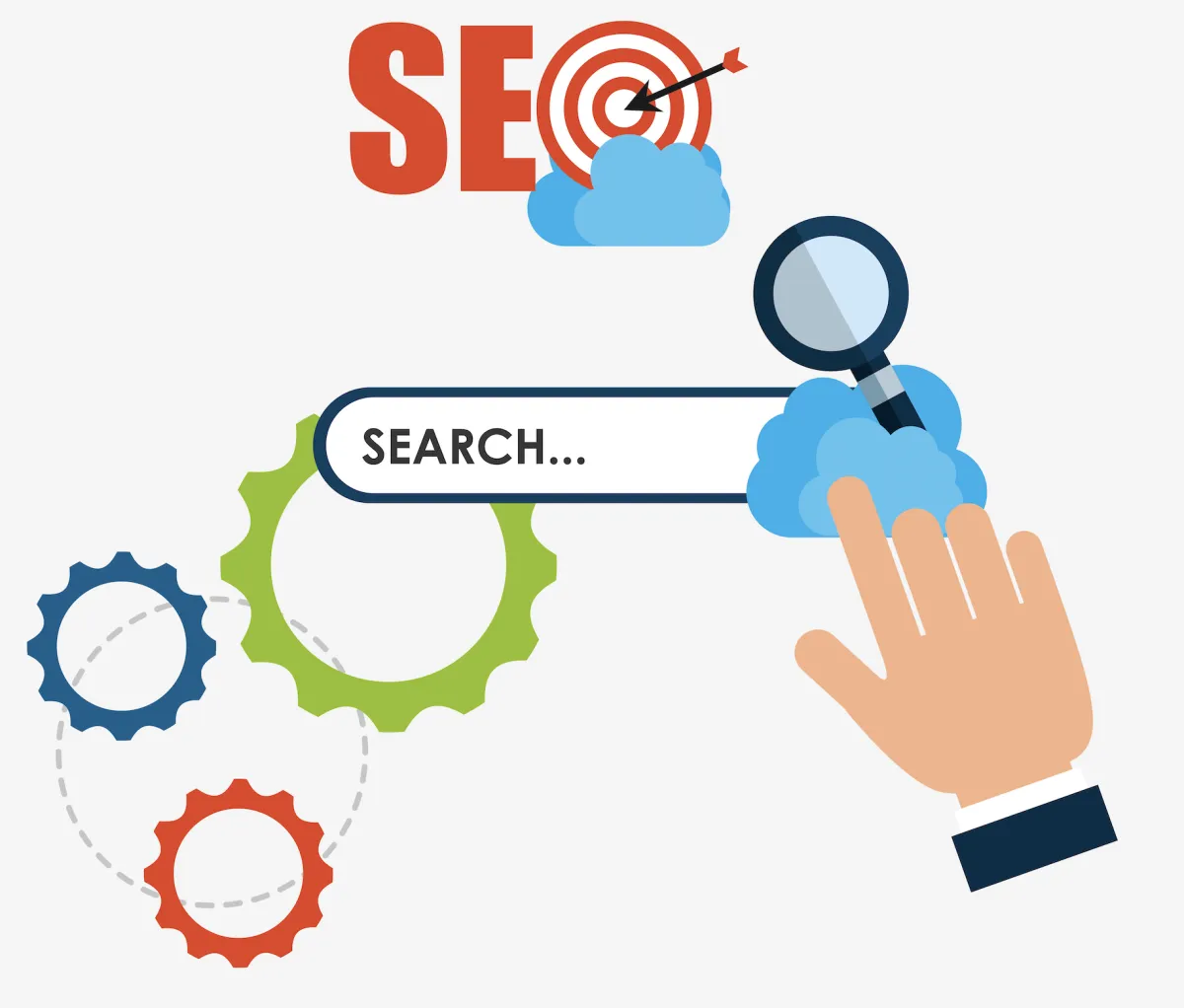
What is SEO (Search Engine Optimization)?
SEO is the process of making your website more visible on search engines like Google or Bing. The goal? When potential customers search for products or services you offer, they find your business—not just your competitors.
Think of SEO as your digital storefront window. You want your business to be brightly lit and right on the main street—not tucked away in an alley no one finds.
How Do Search Engines Work? 🕵️
Crawling: Search engines scan (or "crawl") your website’s pages, reading its content, images, and links.
Indexing: They store this information in a huge database (the “index”).
Ranking: When a user searches, the search engine instantly sorts through this database and ranks websites based on what it thinks is most relevant and trustworthy for the search term.
Key factors include: keywords used, content quality, page speed, mobile-friendliness, business reputation, and more.
4 Core Elements of SEO for Small Business 🛠️
1. Keywords: What Are People Searching For?
Keywords are the words and phrases your potential customers type into Google. Start by listing what your customers might search for (e.g., “best accountant in [your city]” or “CRM for small business”).
Quick win: Use a free tool like Google Keyword Planner to brainstorm.
2. On-Page Optimization
This means making each page clear and relevant for its main topic:
Place keywords in your titles, headings, and naturally throughout your content.
Write clear, helpful meta descriptions (the summary that shows in search results).
Use headings (H1, H2, etc.) to organize information for readers and search engines.
3. Local SEO
If you serve your community, local SEO is critical.
Claim and optimize your Google Business Profile.
Include your location and service area on your website.
Encourage satisfied customers to leave Google reviews.
4. Mobile Friendliness
With over 60% of searches happening on mobile, your website MUST look good and work fast on smartphones and tablets.
Quick Steps to Get Started 🔑
Claim Your Google Business Profile. This makes you visible on Google Maps and local searches.
Choose 3–5 main keywords that matter to your business and work them into your home page, services pages, and blog.
Test your website on a phone—is it easy to read and navigate?
Set up Google Analytics and Google Search Console to track who’s finding your site and from where.
Common SEO Myths—Busted! 🧨
“SEO is too technical for small businesses.”
Reality: While advanced SEO can get technical, the basics are simple and achievable for any business.“I just need to run ads—SEO isn’t worth it.”
Reality: Paid ads stop bringing traffic as soon as you stop paying; good SEO can bring in customers 24/7 at no ongoing cost.“I launched my website—SEO is done.”
Reality: SEO is ongoing. The best results come from monitoring and tweaking over time.
Takeaway & Next Steps 📈
SEO isn’t just for big companies—or the tech-savvy. A few foundational steps can make your business easier to find, drive qualified visitors to your website, and build your brand’s authority online.
Next in the series: We’ll answer Why SEO Matters: The Business Case for Organic Growth—including what return on investment small businesses should expect.
Need help getting started? Book a consultation or visit our site to lean more about our services ScaleOps-AI